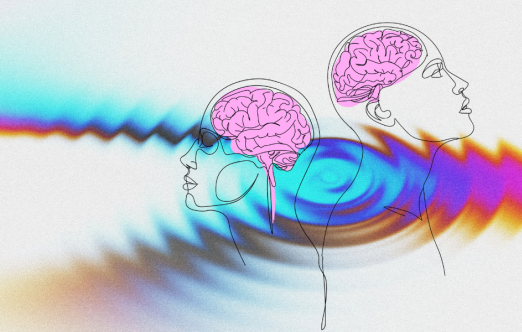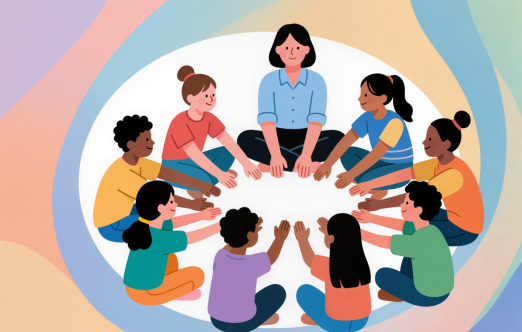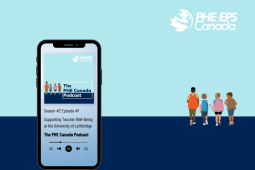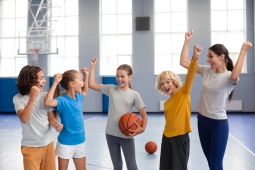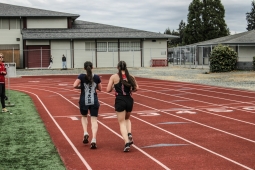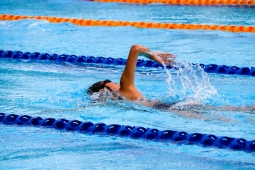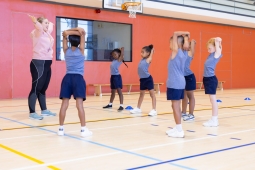TOP FEATURE
Circus arts instruction delivered in primary physical education can have many benefits to the holistic development of children in the physical, social, psychological, and creative domains. This includes meeting curricular expectations and fulfilling many characteristics of quality physical education, including the development of physical literacy. This article addresses some of the benefits, as well as the issues to address for implementation in your school.
PHE Journal
Welcome to the PHE Journal: Your central hub for all things related to physical and health education. Dive into featured articles, stay up to date with relevant research, and enjoy insightful podcasts covering a variety of topics to support the teaching of quality physical and health. Learn more about the PHE Journal


